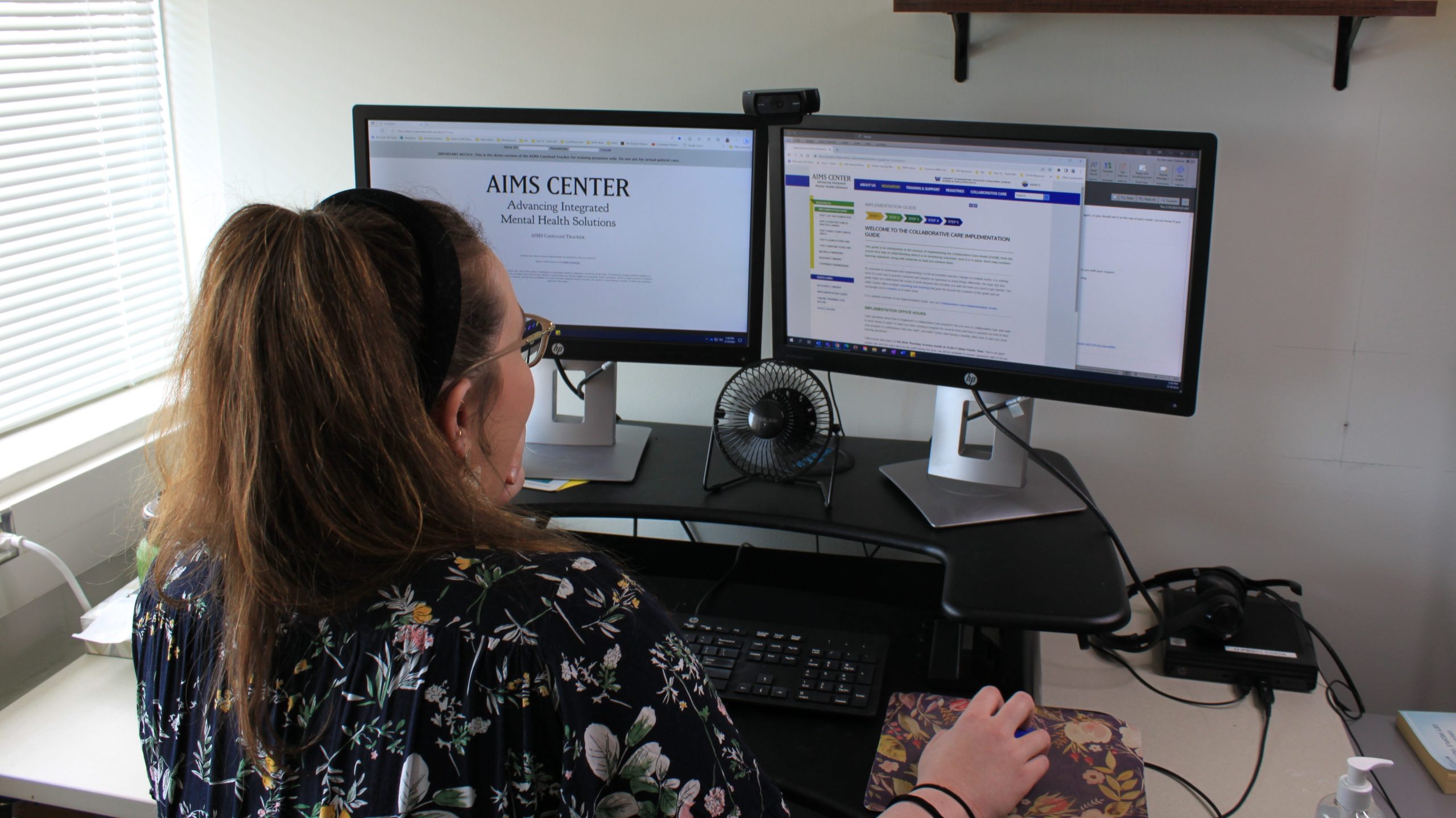
Overview
The Systematic Caseload Review (SCR) is a cornerstone of Collaborative Care and one of the key features that distinguishes the model from other forms of integrated care. The main purpose of the SCR is the facilitation of measurement-based treatment-to-target at both the individual and caseload levels.
What’s In a Name?

Systematic – The caseload review is done regularly (typically weekly), and the entire caseload is considered for the review. There is no need to talk about every patient every time (or even monthly), but every patient is considered for an SCR case review.

Caseload – The entire caseload is considered for review each week and certain patients are identified for an individual case review. Priority patients are those not improving quickly enough and/or are diagnostically complex. Not all new patients need to be discussed when they enroll in Collaborative Care, either. Some patients don’t require it, and SCR should focus on those with the greatest need. Differentiating between the caseload and the case is important.
Systematic Caseload Review Process

The SCR is a weekly session between the Behavioral Health Care Manager (BHCM) and the Psychiatric Consultant, and the registry should guide the meeting. The BHCM and the Psychiatric Consultant should each prepare for the SCR by reviewing the registry before the meeting and identifying patients for discussion. At the beginning of the meeting, the two compare their lists and create a mutual agenda.
For additional guidance on the importance of the SCR to the Collaborative Care Model, see our third ‘Lessons Learned: Systematic Caseload Review is Key’. In addition, review the 2019 article by Bauer and colleagues, which examines best practices for SCR.
Need Support?

When the SCR does not function optimally, it can undermine the entire Collaborative Care program. The AIMS Center offers Systematic Caseload Review coaching to help ensure that this critically important component of CoCM operates at the highest standard. We also offer public implementation office hours to answer practitioners’ implementation questions.